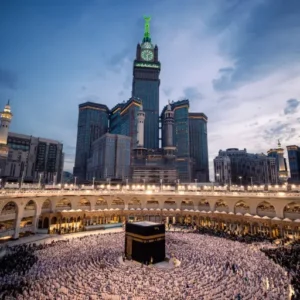Toe rings for married women, men holding hands in public, and policemen getting bonuses for growing mustaches—these are just a few examples of everyday life in India that might seem bizarre elsewhere. As the second most populous country on Earth, India is a melting pot of cultures, languages, and religions, making it a fascinating destination where unique customs abound.
1. Married Women Wear Toe Rings
In many Western countries, a wedding ring on the left ring finger signifies marital status. In contrast, in India, wedding rings are often worn on the right hand due to cultural beliefs that consider the left hand unclean for ceremonial purposes.
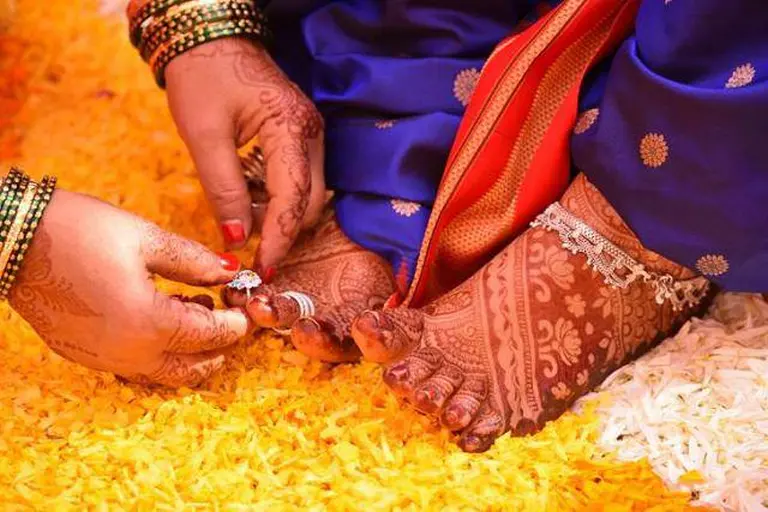
Additionally, in Hindu tradition, married women wear special toe rings called bichhiya, typically on the second toe of both feet. These silver rings are believed to stimulate acupressure points that regulate menstrual cycles and support reproductive health. Silver is used as it’s thought to draw out negative energy from the body.
>> Unsolved mysteries of India that continue to baffle the world
2. Indian Cuisine Follows Six Seasons
While India geographically experiences four seasons—spring, summer, autumn, and winter—the Hindu calendar divides the year into six: Vasanta (spring), Grishma (summer), Varsha (monsoon), Sharad (autumn), Hemant (pre-winter), and Shishir (winter). This classification aligns with Ayurveda, India’s traditional medical system, which promotes eating seasonal foods for optimal health.
For example, in hot summers, people consume hydrating fruits like watermelon and cucumber. During seasonal transitions, antioxidant-rich foods like nuts are eaten to boost immunity.

3. Fast-Food Chains Offer Extensive Vegetarian Menus
India has the highest population of vegetarians in the world, with about 38% of Indians abstaining from meat entirely—often due to religious beliefs. As a result, global fast-food chains like McDonald’s have adapted by offering local vegetarian options such as the McAloo Tikki Burger and McVeggie, made with peas, potatoes, and traditional Indian spices.

>> Chand Baori: A thousand-year-old stepwell maze beneath the earth in India
4. Cows Are Treated Like Citizens
Cows are sacred in Hinduism, symbolizing motherhood and abundance. They’re the vehicle of Lord Shiva and provide milk, a vital source of nutrition.
Slaughtering or exporting cows is banned in most Indian states. In fact, since 2007, cows have even been issued ID cards. When a cow becomes too old to produce milk, it’s often allowed to roam freely. It’s common to see cows wandering busy city streets, sometimes even causing traffic jams.
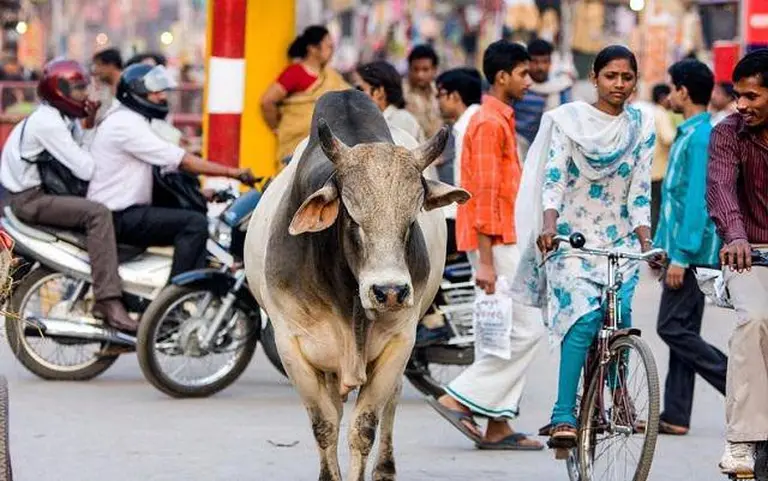
5. Monkeys Roam Freely in Cities
Wild monkeys are a common sight in many Indian cities, living comfortably among the urban population. Locals are used to their antics, but they can pose problems—stealing food, damaging vehicles, or even snatching belongings. Some city monkeys have even learned to drink alcohol and get into drunken mischief!
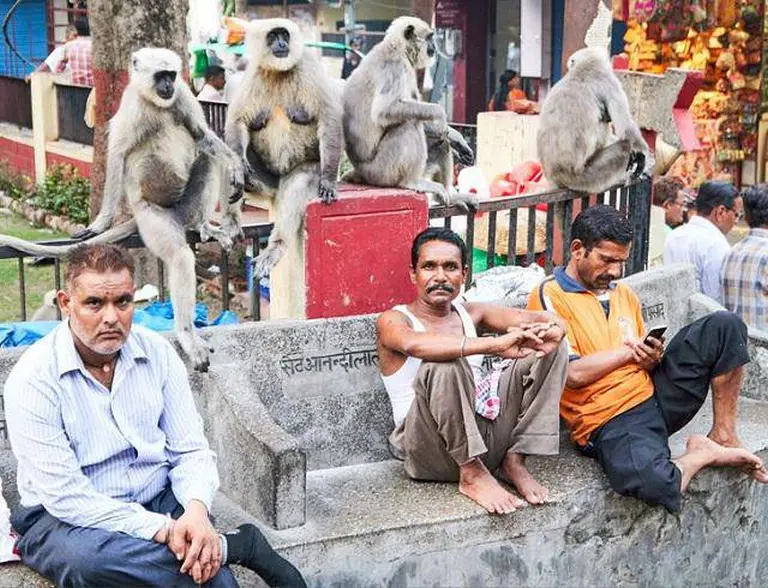
>> Baby-tossing: The breathtaking ritual that turns faith into flight
6. The Third Gender Is Officially Recognized
Hijras is the traditional term for India’s third gender. Since 2014, Indian law has officially recognized “third gender” status on identity documents. Hijras often wear colorful saris and headscarves and are believed by some to have the power to bless or curse.
It’s common to see hijras offering blessings in exchange for small donations on streets or at weddings, where they’re invited to sing and wish good fortune to newlyweds.
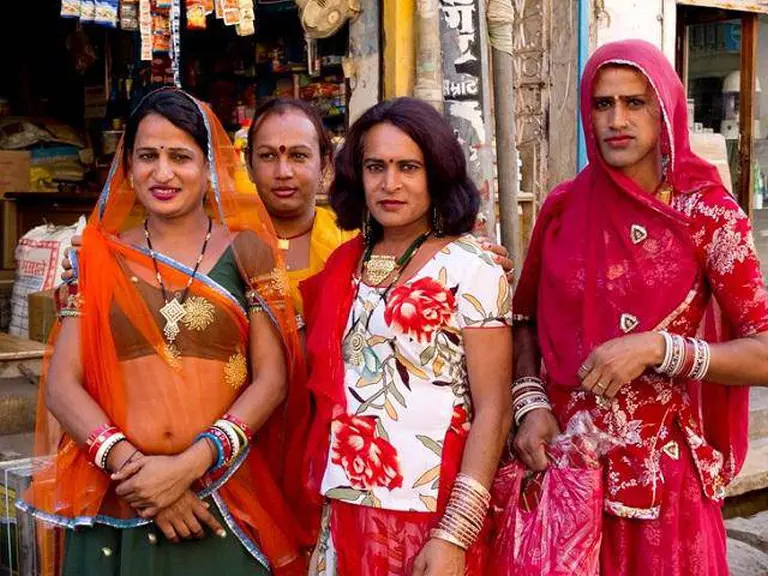
7. People Can Marry Trees or Animals
In India, Mangliks—people born under a certain astrological alignment—are believed to bring misfortune to their spouses. To break this curse, a ritual called Kumbh Vivah is performed, in which the Manglik first marries a tree or an animal (often a dog). After this symbolic marriage, the individual is considered safe to marry a human partner.
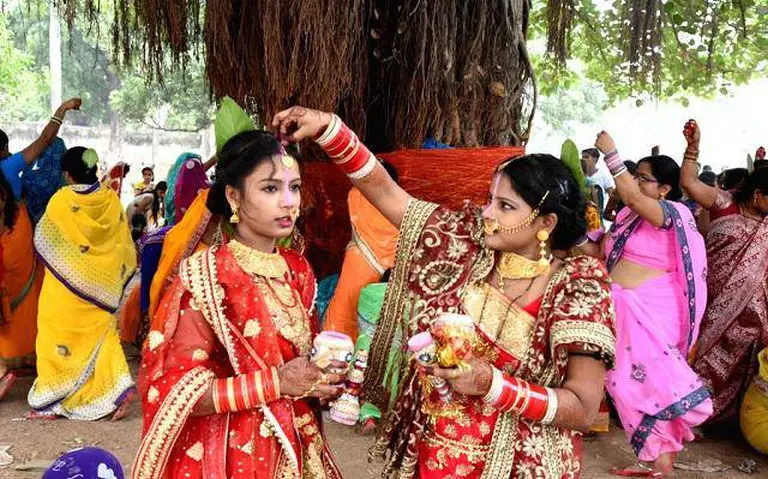
>> The mysterious ‘Musical Pillars’ of an ancient Indian temple that play music when struck
8. Babies Wear Eyeliner for Protection
Many Indian parents apply kajal or surma (a black eyeliner made from natural minerals) to their babies’ eyes. Traditionally, it’s believed to protect them from the evil eye and even prevent eye diseases. The practice is deeply rooted in folklore and spiritual beliefs.
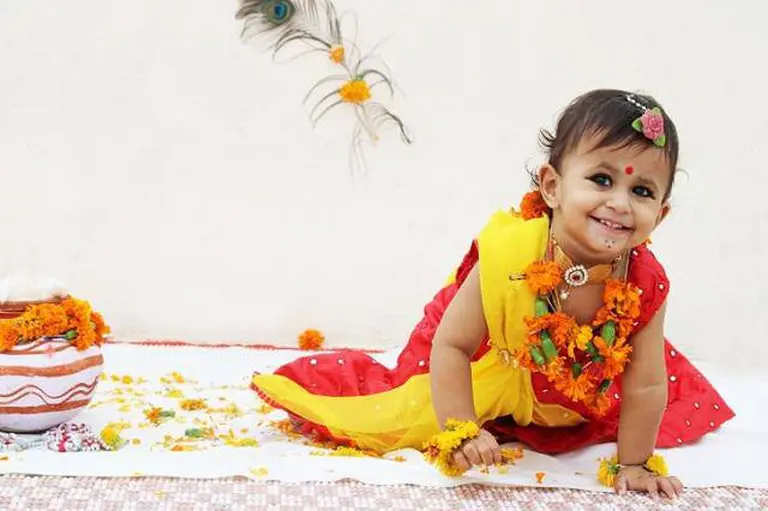
9. Men Holding Hands Is Normal
While public displays of affection between men and women are frowned upon, it’s common to see male friends holding hands or even embracing in public in India. This is seen as a sign of close friendship and has no romantic connotation.
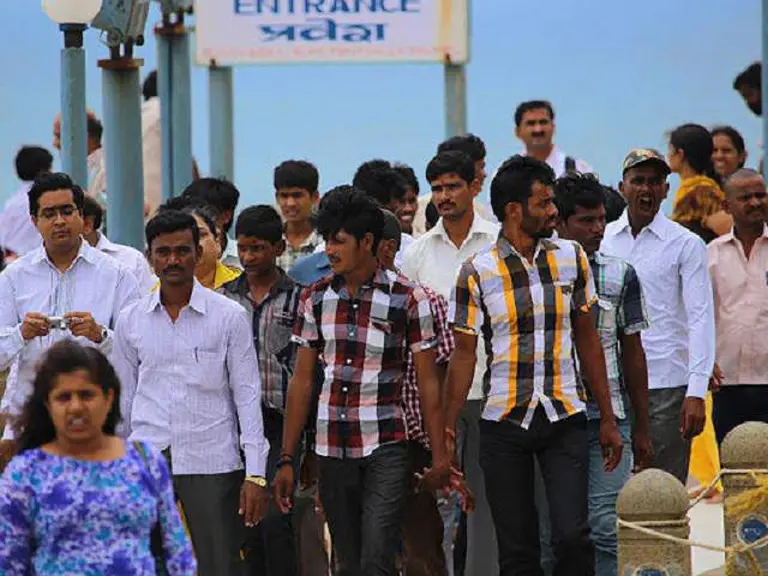
>> Fan Death: South Korea’s most mysterious modern myth
10. India’s Police Force Has a Unique Work Culture
Indian police officers are known for their creative approaches to law enforcement. In Pune, for instance, violators might be asked to perform yoga as punishment. Daily yoga and meditation are encouraged within the force to promote discipline and emotional control.
Moreover, police officers who grow mustaches may receive a monthly bonus, as facial hair is associated with masculinity and authority in Indian culture.
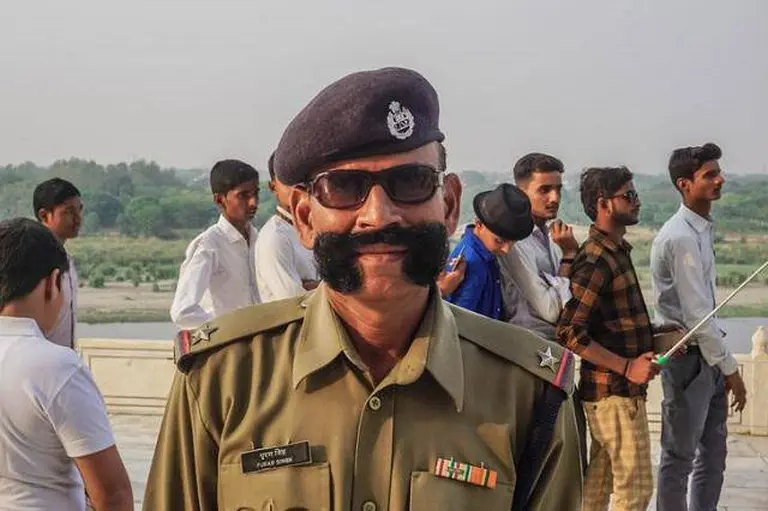
11. India Has 22 Official Languages
India is a linguistic superpower, with over 19,500 languages and dialects spoken across the country. While only 121 languages are commonly used, 22 are officially recognized by the government. Hindi is spoken by around 44% of the population, followed by Bengali, and English is also widely used in education and administration, with more than 129 million speakers.
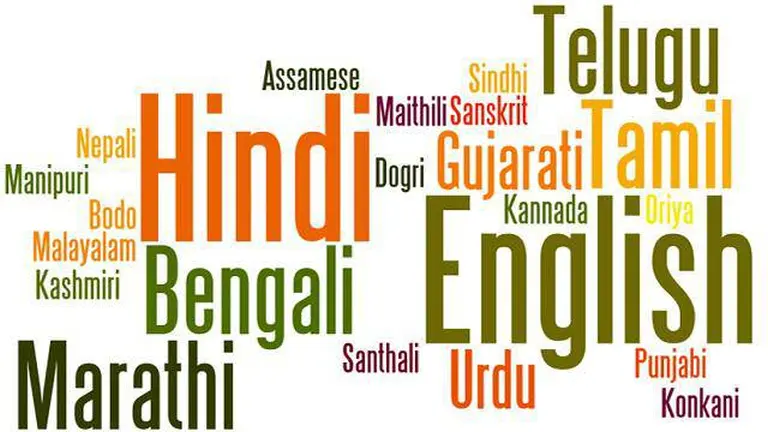
>> 10 surprisingly common things in Korea that might astonish the rest of the world
India is a country that defies expectations at every turn. With its vibrant traditions, spiritual depth, and unique cultural quirks, it offers travelers an experience unlike anywhere else in the world. From sacred cows strolling freely through city streets to weddings with trees, and from eye kajal for babies to same-gender hand-holding as a sign of deep friendship—India’s norms may surprise outsiders, but they form the rich tapestry of daily life here. Embracing these differences with an open mind will not only deepen your understanding of this fascinating nation but also transform your journey into an unforgettable adventure.




